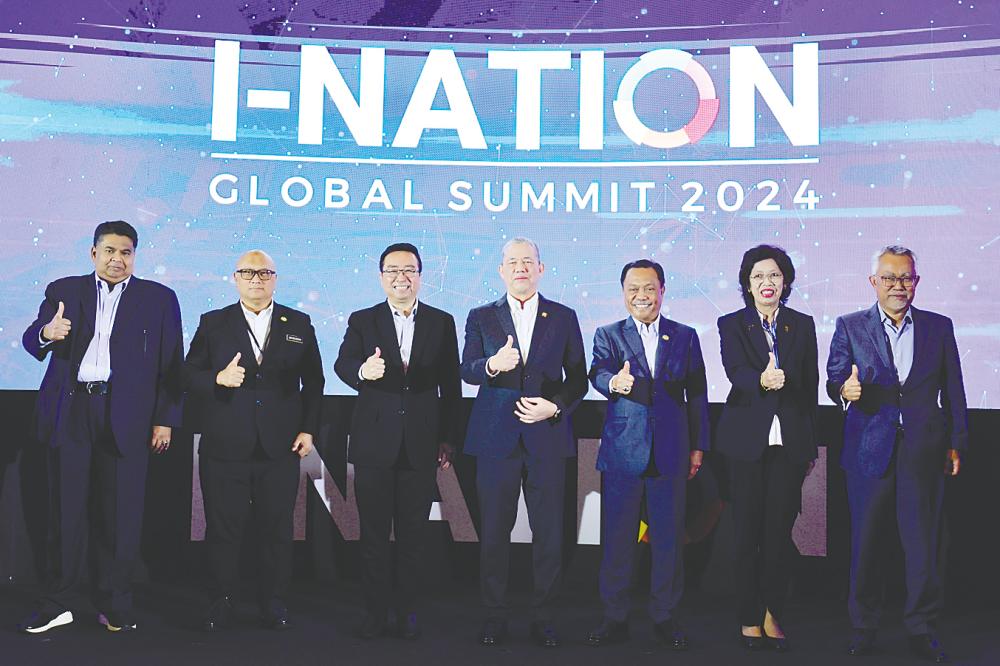KUALA LUMPUR: Malaysia is on track to increase its renewable energy capacity to 31% of the national energy mix by 2025, said Science, Technology and Innovation Minister Chang Lih Kang
This, he added, will position Malaysia as a key player in the region’s green transition – a critical focus as the country prepares to assume the role of Chair of Asean in 2025.
“This journey cannot be undertaken by a single ministry or organisation. Achieving these goals requires more than government efforts alone, it demands collaboration across ministries, agencies and stakeholders. By adopting a whole-of-government approach, we can drive effective policy, promote economic growth and champion sustainable development across the region,” he said at the I-Nation Global Summit 2024 today.
Chang encouraged participants of the summit to engage in open dialogue, explore new solutions and build partnerships that will shape the future of the country’s economy.
“As we look towards Asean 2025, this summit serves as a significant platform to bring together diverse sectors and stakeholders, driving collaboration and cross-border partnerships that will accelerate the region’s technological progress.”
Chang said holding the Asean chairmanship is both an honour and a responsibility, reflecting the dedication to driving progress across security, economic growth, and socio-cultural development. “Guided by the theme ‘Inclusivity and Sustainability’, we are committed to ensuring that all Asean nations benefit from shared prosperity and technological advancements.”
A critical aspect of this vision, Chang said, is the role of technology in shaping the future of urban spaces.
“The development of smart cities is directly aligned with Malaysia’s priorities as Chair of Asean, as they embody the principles of inclusivity and sustainability. These cities will serve as models of how technology can be harnessed to create more liveable, efficient and resilient communities,” he added.
Malaysia’s Smart City Framework reflects this vision by promoting the use of artificial intelligence (AI), Internet of Things (IoT) and digital solutions to address urban challenges, Chang said.
“Through initiatives like National Technology Innovation Sandbox, companies such as Vectolabs Technologies are driving progress in smart cities and transportation via its innovative LoRa IoT Network, addressing critical urban challenges and improving operational efficiency.
“Similarly, the recently launched PropTech Sandbox, in partnership with SP Setia, is fostering sustainable housing solutions that align with international frameworks such as the UN Sustainable Development Goals,” he added.
Additionally, the Science, Technology and Innovation Ministry, through the Industry Technology Innovation Centre (ITIC), is driving smart city development by advancing AI, IoT and geospatial technologies to enhance public safety, energy efficiency and urban infrastructure.
“Collaborating with MIGHT (Malaysian Industry-Government Group for High Technology) and the Malaysia Smart City Alliance, ITIC reflects Malaysia’s dedication to using cutting-edge technologies like AI, XR and robotics to improve urban living,” Chang said.









